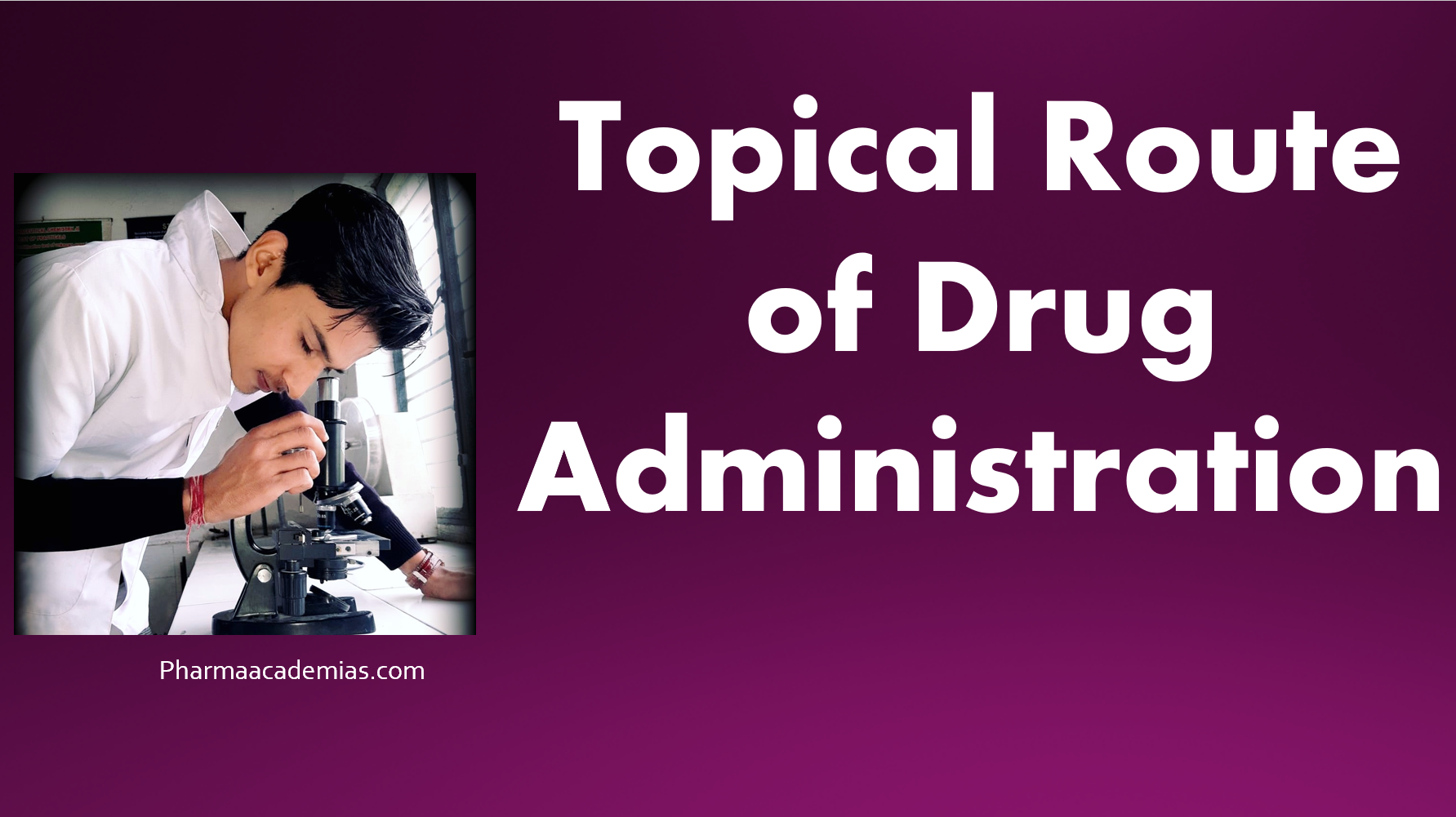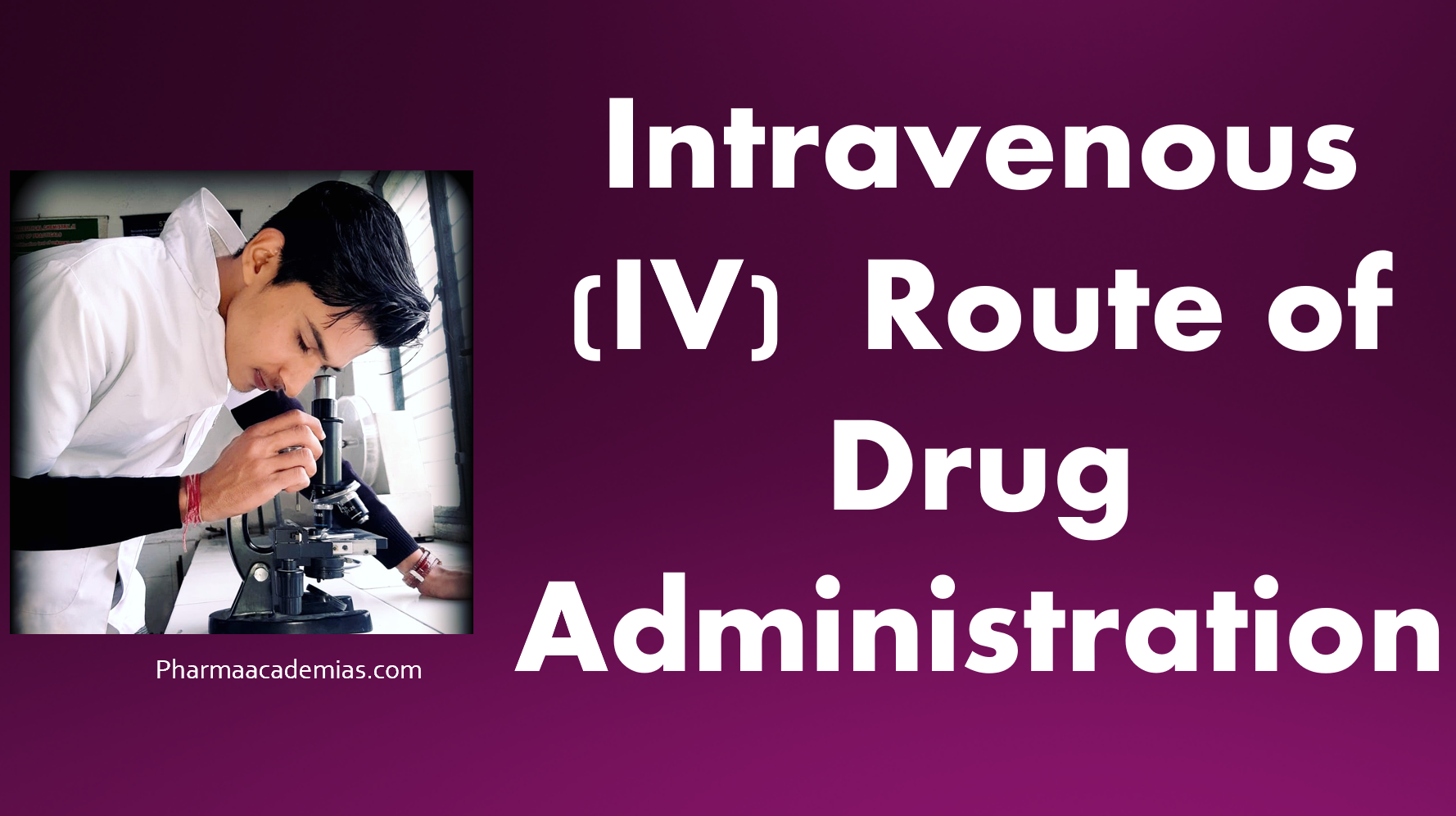Topical route
The topical route of drug administration involves applying medications directly to the skin or mucous membranes, such as the eyes, nose, ears, or genital areas. This route has several advantages and disadvantages and is commonly used for dermatological, ophthalmic, and otic (ear) medications. Here are the key points related to the topical route of drug … Read more







